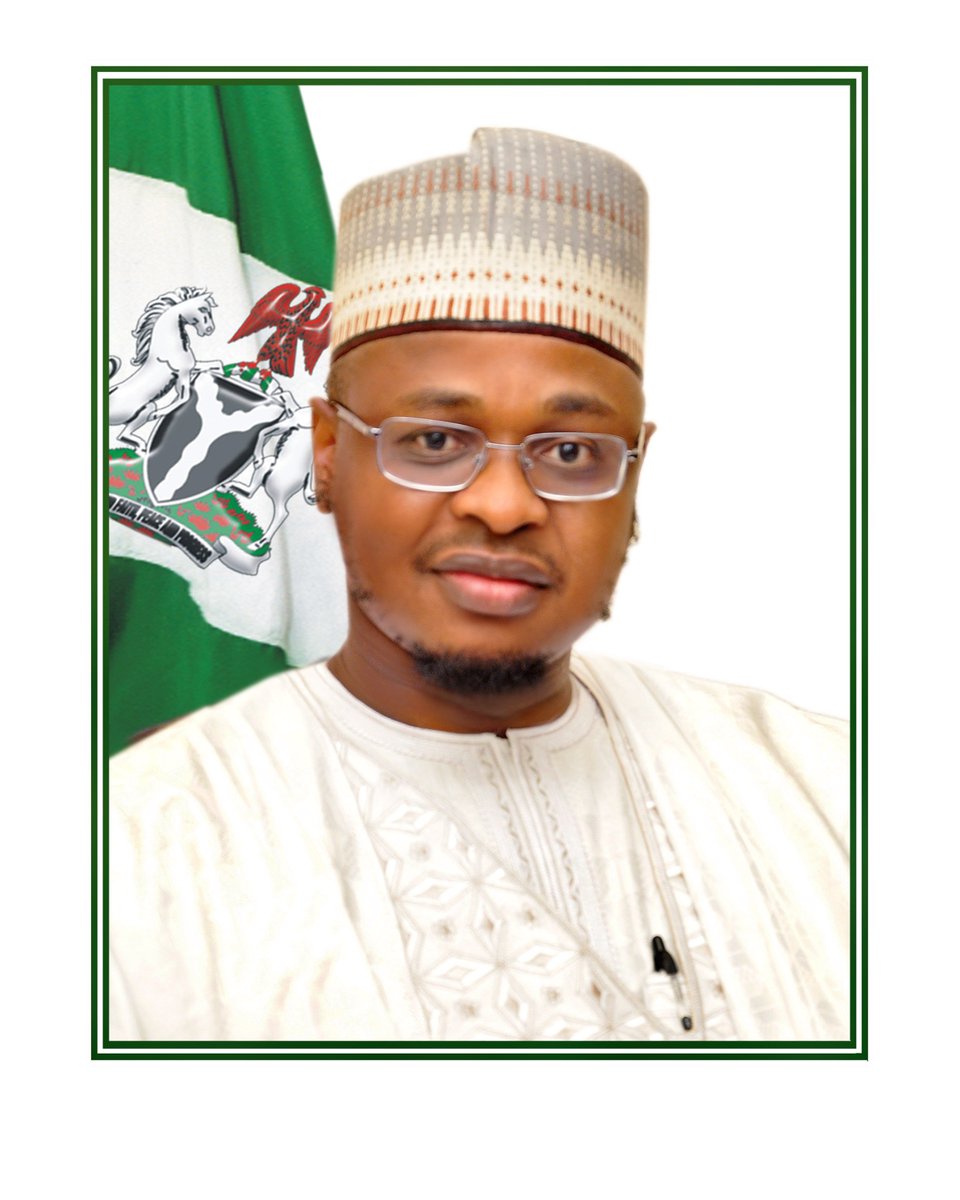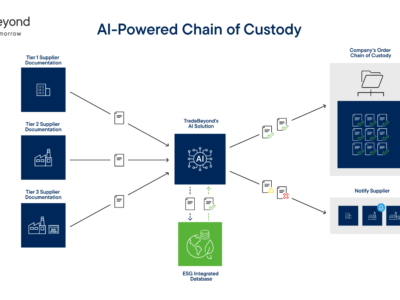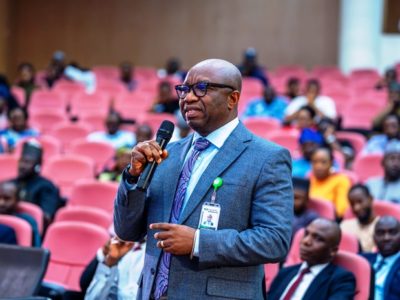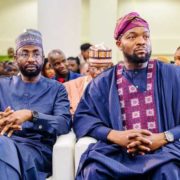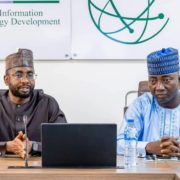The Minister of Communications and Digital Economy, Dr Isa Ali Ibrahim, has reiterated that Nigeria’s future rests on laying more value on skills than on paper qualifications in order to enable young people fit into various sectors of the economy.
While speaking at the recent commissioning of five digital economy projects in Gombe state, facilitated by National Information Technology Development Agency (NITDA), Pantami stressed that Nigeria should focus more in acquiring skills in the digital age, rather than going for only certificates. According to him, the country should follow the global trend. He cited trends in many European countries, where certificates are not needed to get jobs.
The minister said that in some regions, people are engaged not because of the school they attended or the impressive degree certificate they obtained, but because of the skills they possessed to work practically.
While commenting on federal government’s commitment towards realisation of digital economy, Pantami said the administration of President Muhammadu Buhari has been making a giant move to diversify the nation’s economy from natural resources economy to knowledge economy, which is why the ministry. through its parastatals, is building ICT Innovation Parks, IT Centres and Capacity Building Centres across the country.
The commissioned projects include: NITDA IT Hub, Gombe State Univesity, NITDA Innovation and Incubation Park, Federal University Kashare, ICT Community Centre, Tudun Wada, IT Training Centre, Dukku, and Nigerian Communications Satellite Regional Office.
The minister said that digital literacy and skills recognised the fact that citizens are the greatest assets in any economy, including the digital economy, adding that ICT Innovation Hubs support the development of a large pool of digitally literate and digitally skilled citizens.
Pantami re-emphasised that the digital economy was a prime catalyst for development, noting that in less than one year, federal government’s modest efforts has already yielded remarkable results.
According to him, the first quarter and second quarter of Gross Domestic Product (GDP) Report released by the National Bureau of Statistics (NBS) showed that ICT contributed an unprecedented 14.07 and 17.83 per cent respectively to Nigeria’s total GDP.
He added that to achieve modest Ddgital economy, proper training for teaming Nigerian youths is necessary, and the ministry provided a platform – www.digitalnigeria.gov.ng – to enable Nigerians receive training in different digital skills.
Director General, National Information Technology Development Agency (NITDA), Kashifu Inuwa Abdullahi,has earlier remarked that the projects sited inside the universities and surrounding communities are meant for academia, industries, entrepreneurs, risk capitals, startups as well as residents of Gombe State to incubate ideas and drive innovation enterprise in support of digital economy.
He said the centre is in line with economic diversification of the Nigerian government as framed in the National Digital Economy Policy and Strategy for a Digital Nigeria, adding that the centres will serve as a platform of providing research especially in capacity building, emerging technologies, robotics and artificial intelligence.
He urged the management of the universities and other communities where the centres are located to make use of them in bridging the gap between academia, industries and corporate Nigeria in order to create jobs for the teaming youth.
The Vice Chancellors of the Universities, Professor Aliyu Usman El-Nafaty and Professor Alhassan Mohammed Gani, expressed their profound gratitude to the government.


